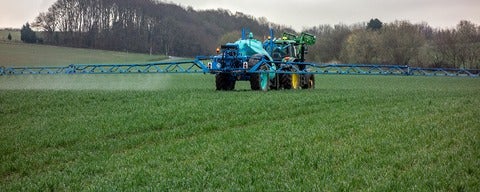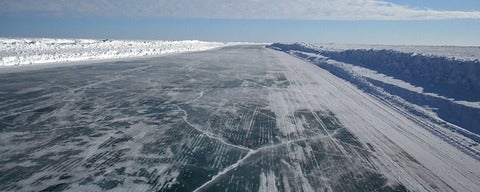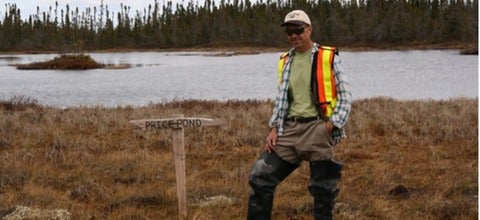Homes sell for 8.2 per cent less after catastrophic floods
A University of Waterloo press release.
Flooding has pushed down housing prices in communities across Canada.
New findings show that over the past eight years, catastrophic flooding in communities resulted in an average 8.2 per cent reduction in the final sale price of houses, 44.3 per cent reduction in the number of houses listed for sale, and 19.8 per cent more days on the market to sell a house.






